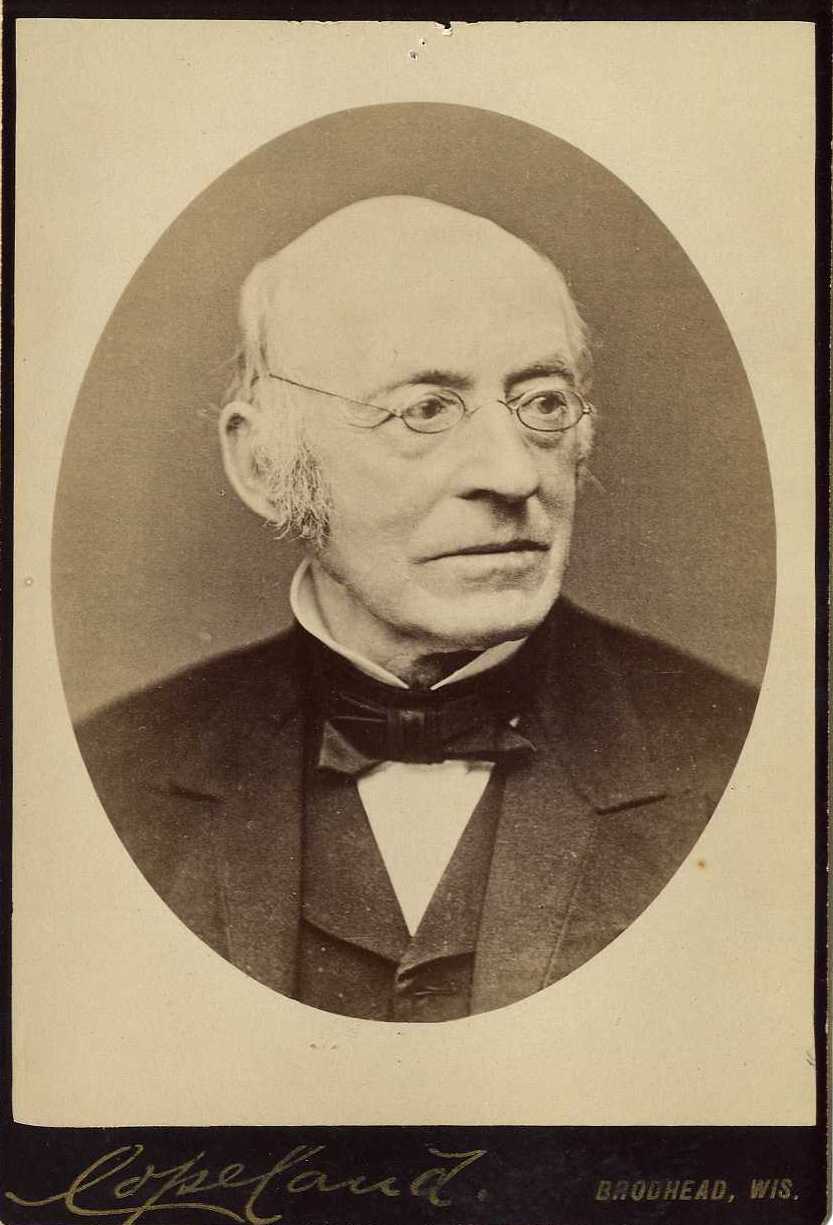
In this respect his biographers have given the actual facts with a merciless precision which can hardly be called meritorious, because it seems never to have crossed their minds that any jury could draw from the admitted facts any conclusion different from their own.

“ Si monumentum quæris, circumspice.” The point to which the world will look with most interest in this work is the exhibition of the man Garrison, including especially the portrayal of those limitations which in a certain degree created friction in his work and left his memory a little blurred. The highest tribute to the reformer’s merit lies in recognizing the completeness of his work. There was such an almost unique felicity in his living to see the final completion of his work, there is such rare poetic justice in the approach to a coincidence between the fiftieth anniversary of the great mob and the erection of a statue to its victim, that one hardly feels disposed to dwell on these matters now. Garrison and his essential leadership in the antislavery enterprise are now generally conceded. Hemans and end with the Liberator was to reverse the Scriptural proverb, and to extract strength from sweetness. Hemans was, for a long period of years, his favorite poet. It is delicious, too, to find the great iconoclast in early youth attending a certain church expressly to see the beautiful Miss Emily Marshall and to discover him, when imprisoned at Baltimore, to have beguiled the time by writing a mock-heroic poem of many stanzas to a certain young lady and above all to find that Mrs. He seems to have habitually cheered himself by sonnets, as Abraham Lincoln did by anecdotes while we find here only a few examples of those little puns which were essential to his conversation, and which at first appeared to the stranger as inappropriate as if one should track a lion to his lair, and find him refreshing himself with peppermints. This admirable tone of treatment, with the importance of the theme, secures for the book, or at least for many parts of it, that attractiveness which is the first essential of a biography, - for if nobody will read your work, why write it ? It is pleasant to see, moreover, how much that is agreeable is flung, without difficulty, around the picture of Garrison : his cheerfulness, his buoyancy, his bonhomie, his love of poetry, his facetiousness. As the Spanish proverb says that no man Can at the same time ring the bells and walk in the procession, so it is fortunate that no man can at the same time be a son and a Rhadamanthus. The book often swerves very widely, in our judgment, from the results to which a really judicial summary would lead us hut it is better that it should so swerve than that the authors should vary from the method to which their inherited temperament and their traditional convictions alike lead them. The biography of a father by sons can rarely possess that quality, and had better not affect it it is in this case the statement of counsel, but of counsel so entirely truthful and so sure of their own case that, however much they may err, they will never be found withholding anything through unfair motives. To say that it is a judicial work would be to misplace it in literature.

There is in the book no Jesuitism, no equivocation it might well hear the motto of the old Antislavery Standard, “ Without concealment, without compromise.” The sons believe too completely and absolutely in their father to keep anything back.

The two volumes now before us 1 cover about half of Garrison’s career, and are elaborated to the utmost detail - many will think to an excessive amount of detail - in all directions while their admirable paper, type, and binding, and their singular freedom from even typographical errors, seem only a symbol of the intellectual thoroughness that has directed their preparation. WHEN in 1882 a forgotten early settler of the town of Cambridge, Mass., was recalled from oblivion by a descendant, and his statue was placed in the public park, President Eliot, of Harvard College, thus moralized the occasion in a brief speech : “ It is good to leave behind sturdy and thrifty descendants to transmit one’s name and recall one’s memory through long generations.” It is also good for a reformer, spending most of his life in opposition to all that gives popularity and ease, when he turns out to have left a phalanx of sturdy and thrifty sons, able to transmit his fame through a biography especially when the work is, as in the present case, well done.


 0 kommentar(er)
0 kommentar(er)
